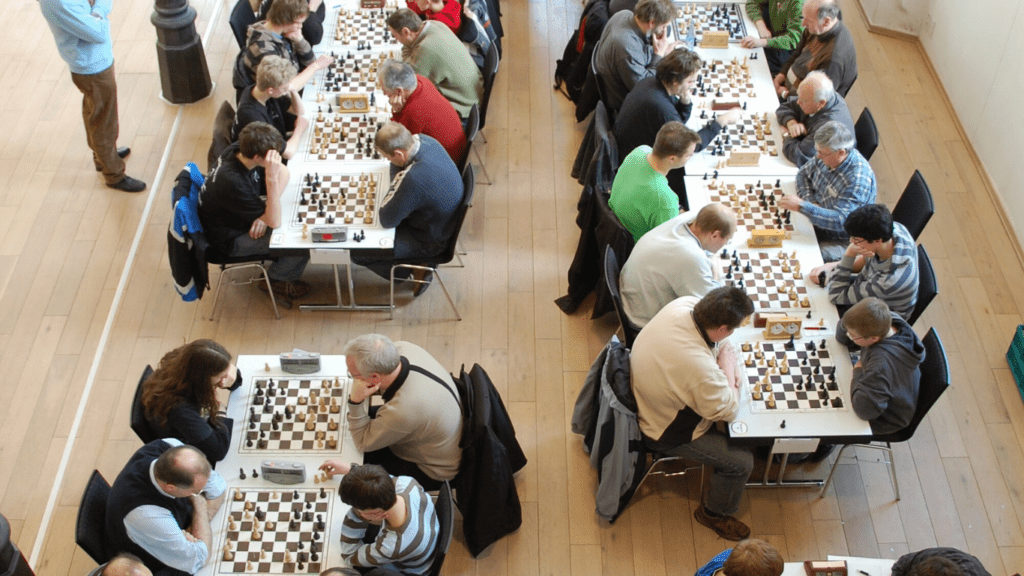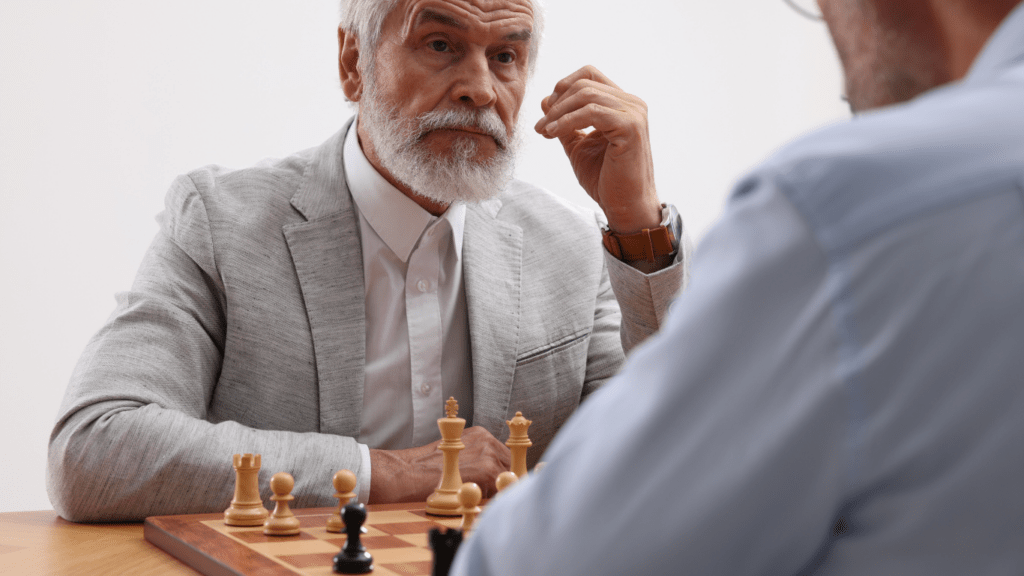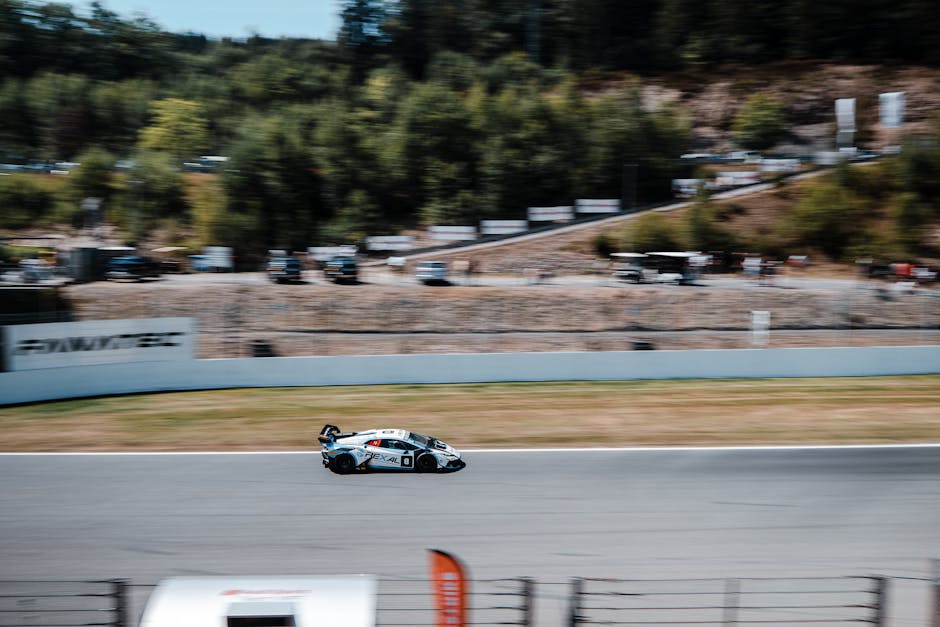Understanding High-Stakes Tournaments
High-stakes tournaments draw skilled competitors, each with their distinct styles and strategies. These events typically offer:
- substantial rewards
- attracting attention from players
- enthusiasts worldwide
Understanding the dynamics of such tournaments can give players an edge. Participants engage in competitions like poker, esports, or chess. Their focus is on outperforming opponents and securing top positions. The pressure is immense, with each decision potentially impacting the outcome. A comprehensive grasp of tournament rules and formats is vital. Different events adopt varying structures, from single elimination to round-robin. Knowing these can inform strategy choices.
Success hinges on more than just skill; it demands adaptability. New challenges and opponents require flexible approaches. Players often study past tournaments to predict trends and adjust their tactics accordingly. In high stakes, mental resilience becomes crucial. Handling stress while maintaining focus can differentiate winners from the rest.
Acknowledging the psychological aspect also plays a significant role. Competitors must remain composed under pressure, often employing techniques to stay calm. Visualization, breathing exercises, and mindfulness help sustain concentration during intense moments. Recognizing one’s limits and knowing when to adjust strategies can lead to favorable outcomes.
Technological proficiency often aids participants. Analyzing data, forecasting potential opponent moves, and using sophisticated software can offer competitive advantages. Engaging with a community of fellow competitors also contributes; sharing insights and experiences helps refine strategies.
Preparation Techniques
In high-stakes tournaments, preparation is key to success. Understanding the importance of mental and physical readiness, as well as thorough research, can provide a significant advantage.
Mental Conditioning
Mental conditioning sharpens focus and resilience during tournaments. Practicing mindfulness helps stabilize emotions when faced with pressure. Visualization primes the mind for various scenarios, building confidence for real-game situations. Cognitive training strengthens decision-making skills, enhancing reaction times and strategic planning.
Physical Fitness
Physical fitness supports mental endurance and clarity. Regular exercise boosts energy levels and reduces stress. Cardio activities enhance stamina, crucial for long hours of competition. A balanced diet and adequate rest improve concentration and cognitive function, essential for peak performance.
Research and Analysis
Research and analysis form the backbone of strategic preparation. Studying opponents’ playstyles reveals patterns and potential weaknesses. Familiarizing with different tournament formats informs strategic approaches. Utilizing software tools and statistical analysis provides insights into game dynamics, optimizing tactics for success.
Developing a Winning Mindset

I understand that success in high-stakes tournaments isn’t just about skill; it demands the right mindset.
Confidence Building
- Confidence stems from preparation and self-belief.
- I engage in deliberate practice, honing my skills through repetition and feedback from mentors.
- Visualizing successful outcomes helps me boost my self-assurance.
- Positive self-talk reinforces my belief in my abilities, reminding me of past successes and lessons learned.
- Setting realistic goals keeps my determination high as I celebrate each milestone achieved on the path to victory.
Stress Management
Managing stress is a crucial part of maintaining focus during competitions. I utilize techniques like mindfulness and deep breathing to calm my mind. These practices allow me to stay present, reducing anxiety and preventing distractions. Establishing a routine helps create a sense of stability, enabling me to tackle unpredictable challenges effectively. When pressure mounts, I prioritize relaxation, ensuring that breaks and rest are part of my strategy to maintain mental acuity.
Game-Specific Strategies
Diverse games demand tailored strategies to succeed in high-stakes tournaments. Understanding game dynamics enhances performance.
Poker Tactics
In poker, strategic flexibility is crucial. Evaluating opponents’ behavior provides insights into their tactics. For example, observing betting patterns helps identify bluffs and strong hands. I focus on adapting my strategy based on opponent psychology. Pre-flop hand selection is key—choosing strong starting hands increases winning odds. Utilizing position at the poker table gives a tactical advantage by exploiting player tendencies observed in earlier rounds. Bankroll management ensures sustained tournament participation, maintaining composure under pressure.
Chess Techniques
Chess success hinges on deep positional understanding and tactical execution. Analyzing previous grandmaster games reveals patterns and opening strategies that inform my approach. I prioritize developing pieces strategically, ensuring king safety while controlling the board’s center. Mastering endgame principles, such as pawn structure and opposition, fortifies my gameplay. Time management is critical in high-speed formats; balancing analytical depth with rapid decision-making is essential. By predicting opponents’ plans and countering them, I enhance my winning potential.
Adapting to Different Environments
High-stakes tournaments demand adaptability, especially when switching between online and in-person formats. Each environment presents unique challenges and opportunities, requiring specific strategies for success.
Online Tournaments
- In online tournaments, mastering digital tools and platforms becomes crucial.
- I focus on optimizing my setup with high-speed internet and dual monitors for multitasking.
- Using tracking software lets me analyze opponents’ patterns, enhancing my tactical approach.
- Time management is key online, where quick decisions drive performance.
- Setting up a distraction-free environment and using noise-canceling headphones help me maintain focus.
- Familiarity with platform nuances, such as betting timers and interface shortcuts, provides a competitive edge.
In-Person Competitions
In-person tournaments rely on reading physical cues and managing live pressure. I prioritize honing observational skills to gauge opponents’ body language and emotional responses. This insight informs my strategic adjustments in real-time. Building rapport with fellow competitors can share valuable insights and enhance my understanding of psychological dynamics. I prepare for logistical aspects like travel and accommodations, ensuring I’m well-rested and comfortable. Managing my in-person presence, including attire and demeanor, helps project confidence and deter opponent intimidation.





